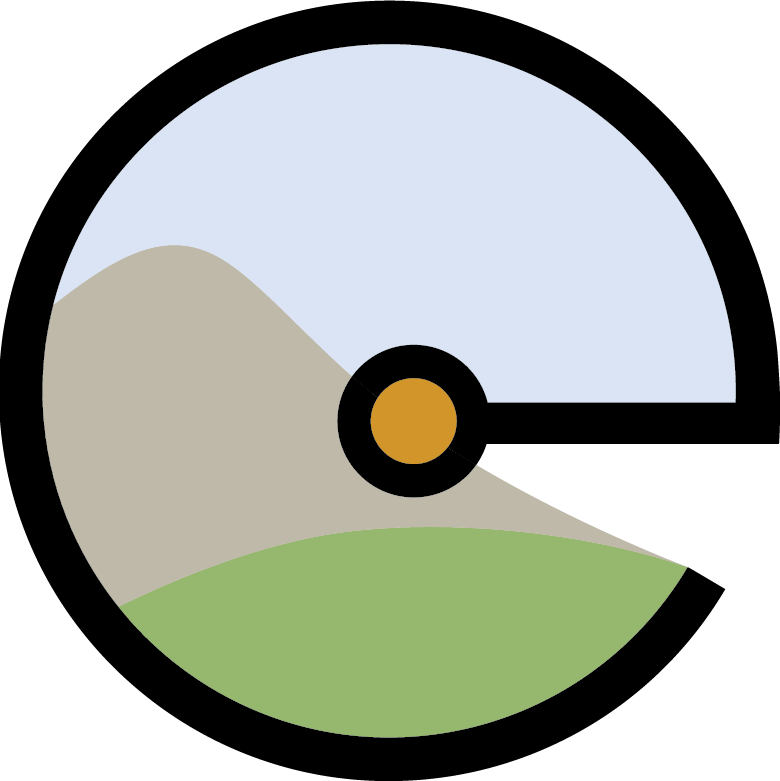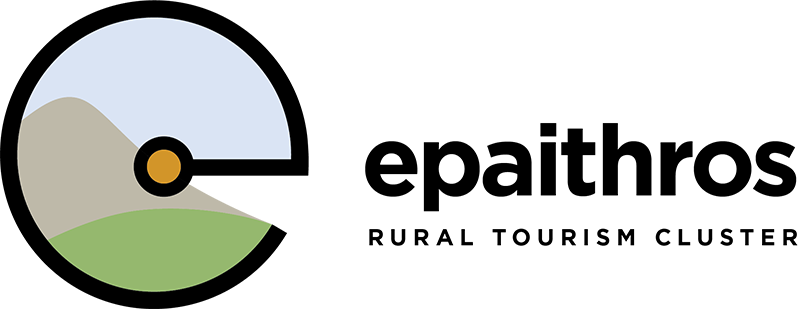In the framework of JoInOuT project, a qualitative research was conducted through a Focus Group which focused on exploring the perceptions and attitudes of the members of the e-paithros Network regarding Sustainable Development and Rural Tourism.
During the virtual Focus Group, three themes were discussed using photos, images and infographics:
- The concept of “Sustainability”
- The three (3) pillars of the concept of “Sustainable Tourism” and
- The challenges and opportunities that tourism brings.
The Speech Analysis on the qualitative data showed the following:
The participants showed a strong positive attitude towards the concept of Sustainability expressed through the use of definite past tense in their discourse analysis, but also through the frequent use of positively charged adjectives and adverbs.
Regarding the pillars of the concept of “Sustainable Tourism”, a strong certainty was expressed by the participants about the need to balance the three dimensions and include them in the education of the members of the e-Learning Network. Regarding the participants’ perceptions of the Challenges and Opportunities that tourism brings to their place, a strong possibility was expressed regarding disproportionate tourism development and “over-tourism”. At the same time, the strong intention of all participants to incorporate and promote Sustainable Tourism Development practices in their locality was highlighted.
The combination of qualitative and quantitative data contributes to the final formulation of the educational material intended for the training of the members of the e-paithros Network. Finally, the results of the research will be used by ETAM S.A., by the project partners as well as by the members of the e-paithros partnership and by the Rural Tourism operators in general.
The project entitled "Joint Innovative Activities for Outdoor Tourism" and distinctive title: "JoInOuT", is implemented within the framework of the Action "Cooperative Innovation Formations/SCC" - 2nd Call: Businesses" and is financed by the European Regional Development Fund (ERDF) and by National Resources in the context of the Operational Program "Competitiveness, Entrepreneurship and Innovation (EPANEK)" of the NSRF 2014-2020" (Project code: ΓΓ2CL-0359457).





